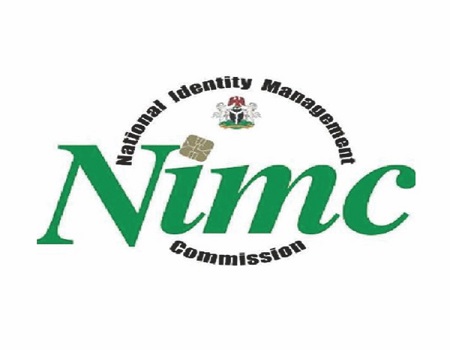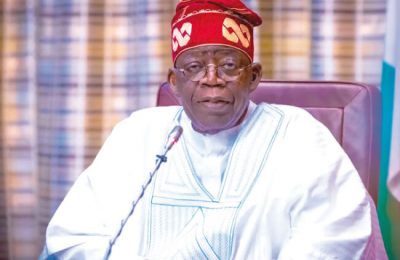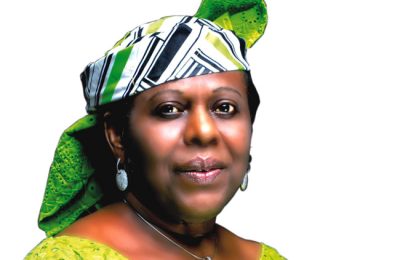Stakeholders in the digital economy sector have harped on the need for Nigeria to have a unified identity system, where they pointed out that the Economic Recovery and Growth Plan (ERGP) of the government may be a mirage if the issue of proper identification is not addressed.
The Director-General and CEO of the National Identity Management Commission (NIMC), Engr Aliyu Aziz while speaking at the one-day roundtable organized by the Nigeria Digital Identity for Development (ID4D) project with liaison/desk officers of the project’s ecosystem implementation partners, said the primary aim of the strategic roadmap for digital identification in Nigeria, is to simplify the approach to identification through simple data collection process and a centralized unique identification system for Nigerians and legal residents.
He said this is a sharp contrast to the fragmented multi-issuing ID agencies of the past.

Aziz who was represented by the Director of Corporate Service at NIMC, Ibrahim Abdullahi, said “the movement of the commission from the Presidency to the Ministry of communications and digital economy by Mr President was a masterstroke.”
He said it ensures synergy of approach, a deepened partnership between relevant agencies, and continued collaboration towards a viable, self-sustaining digital economy for the country.
“The Economic Recovery and Growth Plan (ERGP) was conceived by the Federal Government of Nigeria in 2017. However, the government realized that without a functioning identification system in place it may not be able to effectively deliver important services to the people.
“The unified ID system approach as well as the ecosystem model have had a tremendous positive impact on the enrolment figures. Currently, the National identity database has over 90 Million records which is a sharp contrast from just 7 million when I assumed office in 2015,” he stated.

On his part, the project coordinator for Nigeria Digital Identity for Development (ID4D) Project, Mr Musa Solomon the idea of desk officers was to ensure a single point of contact with each of the ecosystem implementing partners, to ensure that their partners do not miss out on any important step in the project implementation.
He explained that the ID4D is a project, jointly funded by the World Bank, European Investment Bank, and the French Development Agency.
“The Project Development Objective is to increase the number of persons with a National Identity Number (NIN), issued by a robust and inclusive foundational Identity system, that facilitates their access to services.
“The project is expected to stimulate demand for IDs, based on access to services. The project is designed, following an ecosystem model, and is not limited to any single organisation. It, therefore, involves different agencies of the government, the private sector and civil society”, Solomon stated.
He said by design, the project will promote transparency and accountability, participation, grievance redress and regular monitoring to improve operational performance and mitigation of identified social risks.
“The project will establish a national consultation mechanism, to sustain dialogue with stakeholders and marginalized groups to receive feedback that would improve project implementation.
“Since it became effective in December 2021, Nigeria ID4D had sought to address the pervasive fragmentation of the Nigerian identification ecosystem with no fewer than 15 public institutions providing some form of identification services; inadequate infrastructure of the National Identity Management Commission(NIMC) that poses a risk to the continuous enrolment of people, notably women, youth and persons living with a disability.
“We are also mandated, as part of the robust system to support the digitization of the civil registration system that registers births and deaths under the National Population Commission(NPC).
“The project is designed to support the grievance redress system of the NIMC, by which it responds to queries or clarifications, resolves problems with implementation and effectively addresses complaints and grievances for project beneficiaries and ecosystem partners,” he noted.
Furthermore, Solomon added the aim of the project is to strengthen the foundational ID system, and in the process, improve national data protection, bolster Nigeria’s digital economy and close the inclusion gaps in access to identification and related key services, while fostering inclusion for marginalized groups, such as persons living with disability, the rural poor, etc.
He added that the Nigeria Digital ID4D project would leverage the training opportunities to close the basic skills gap and promote the adoption of digital technologies across Nigeria.
ALSO READ FROM NIGERIAN TRIBUNE







